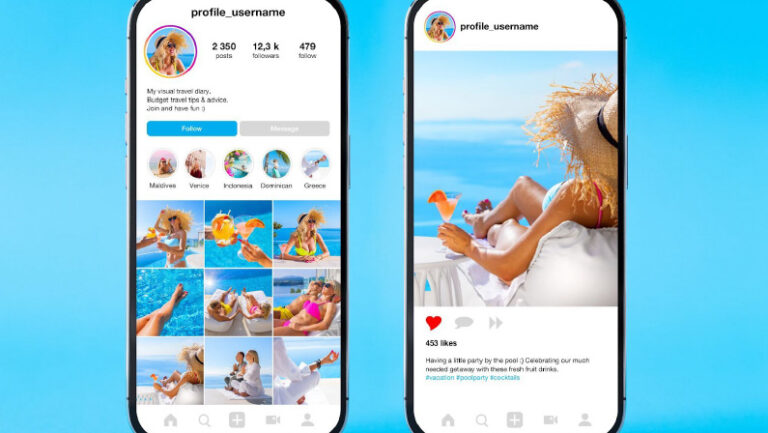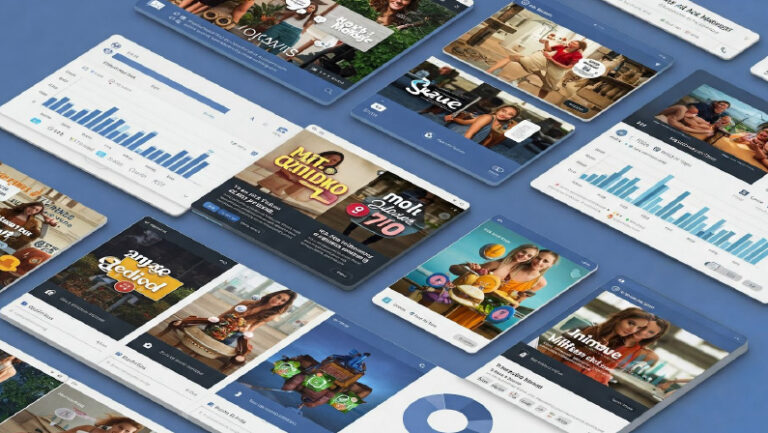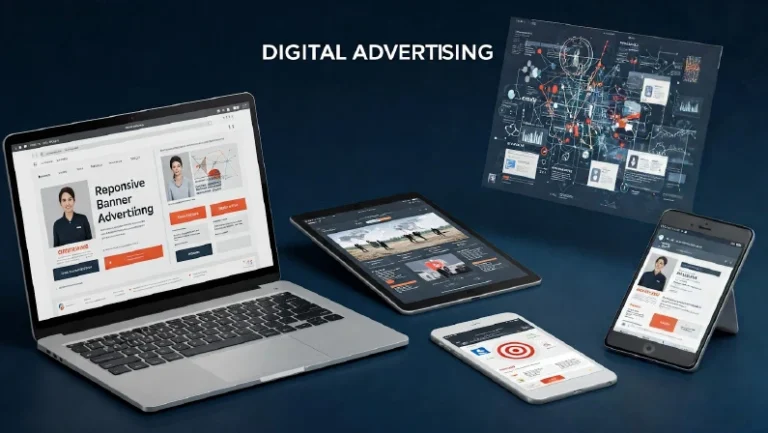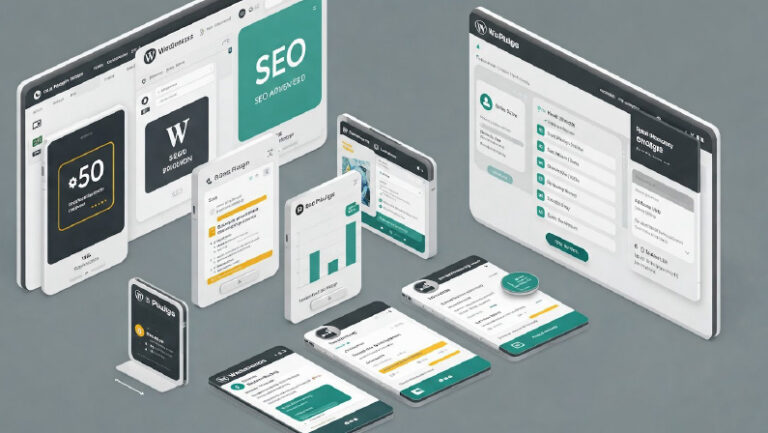Building a website has never been easier, thanks to the wide range of website builders available today. Whether you’re launching a business, starting a blog, or setting up an online store, the right platform can make all the difference. But with so many options—each offering unique features, templates, and pricing—it can be overwhelming to decide which one suits your needs best.
The key to finding the perfect website builder is understanding what you need from it. Do you want something simple with drag-and-drop functionality, or do you need more advanced customization and integrations? Are you prioritizing affordability, ease of use, or design flexibility?
In this guide, we’ll break down the essential factors to consider and help you discover the best website builders to create a site that fits your goals perfectly.
What is a Website Builder?

A website builder is a tool that allows individuals and businesses to create a website without needing to write code. These platforms provide pre-designed templates, drag-and-drop functionality, and user-friendly customization options, making it easy for anyone to build a professional-looking website.
No matter what your goal is–whether you’re launching a personal blog, an e-commerce store, or a corporate site, a website builder streamlines the entire process, eliminating the need for extensive technical knowledge.
Website builders come in two main types: online and offline. Online website builders, like Wix or Squarespace, are cloud-based and allow users to design and manage their sites through a web browser. Offline website builders, on the other hand, require software installation and allow users to build a site before uploading it to a hosting provider. Regardless of the type, website builders make web design accessible to beginners while still offering advanced customization features for those with more experience.
How Does an Online Website Builder Work?
An online website builder operates through a web-based platform, allowing users to create, edit, and publish their websites directly from their browser. These tools offer a variety of templates, design elements, and pre-coded features that simplify the website creation process.
Users can select a theme, customize layouts, add images, and incorporate features like contact forms or e-commerce functionality—all without touching a single line of code.
Most website builders also include built-in hosting and domain registration, making them an all-in-one solution for launching a website. Users can preview their site in real-time, ensuring that every element appears as intended before publishing.
Additionally, many website builders integrate SEO tools, analytics, and marketing features, allowing businesses to optimize their online presence with minimal effort.
Benefits of a Website Builder
Creating a website from scratch can be challenging, but website builders simplify the process.
Here’s why the best web builder sites are a great option:
- Ease of Use – With intuitive drag-and-drop editors, even beginners can build a professional website without coding knowledge. Most platforms offer ready-made templates that make design quick and hassle-free.
- Cost-Effective – Hiring a web developer can be expensive, but website builders provide an affordable alternative. Many platforms offer free plans or budget-friendly subscriptions with essential features.
- Quick Setup – Unlike custom web development, which can take weeks or months, a website builder lets you launch your site within hours. You simply select a template, customize it, and publish your site.
- All-in-One Solution – Website builders typically include hosting, domain registration, and security features, reducing the need for multiple third-party services. This makes website management more convenient.
- SEO and Marketing Tools – Many website builders come with built-in SEO features, email marketing tools, and social media integrations to help businesses grow their online presence effortlessly.
How to Choose a Website Builder

Selecting the right website builder depends on your specific needs. Whether you’re a blogger, small business owner, or e-commerce entrepreneur, the platform you choose should align with your goals.
Here are key factors to consider when making your decision:
Essential Website Builder Features
A good website builder should offer key features like customizable templates, mobile responsiveness, e-commerce functionality, and integration with third-party tools. Make sure the platform supports your business needs, whether it’s selling products, booking appointments, or showcasing a portfolio.
Value
Consider the cost of the platform and what’s included in the plan. Some builders offer free versions with limited features, while others provide premium plans with added benefits like advanced analytics, priority support, and unlimited bandwidth. Choose a builder that provides the best balance between affordability and functionality.
Scalability
Your website should be able to grow with your business. Look for a website builder that allows for easy upgrades, whether you need more storage, advanced e-commerce features, or custom design capabilities in the future.
Drag-and-Drop Interface
A drag-and-drop editor makes website creation intuitive, allowing users to place text, images, and other elements exactly where they want them. This feature is essential for beginners who want to design their site without learning complex coding.
SEO and Marketing Tools
To attract visitors and rank well in search engines, your website needs built-in SEO tools. Look for a website builder that provides keyword optimization, meta tags, blogging capabilities, and integrations with marketing platforms like email automation and social media.
What Are the Best Website Builders in 2025?

The best online website builder offers intuitive design tools, strong customization options, and built-in SEO features to help your website stand out.
Below are some of the best rated website builders to consider this year:
- Wix – A user-friendly platform with a powerful drag-and-drop editor, hundreds of templates, and advanced design flexibility. Ideal for small businesses and creatives, Wix also offers built-in SEO and e-commerce tools.
- Shopify – The go-to website builder for e-commerce businesses, providing seamless payment integrations, inventory management, and marketing tools. It’s perfect for online stores of all sizes, from startups to large-scale enterprises.
- WordPress.com – A robust content management system (CMS) and professional site builder, WordPress, that balances ease of use with deep customization. With thousands of plugins and themes, WordPress.com is ideal for blogs, portfolios, and growing businesses.
How Do the Top Website Builders Compare?
Each website builder has its strengths, depending on the user’s goals. Wix excels in design flexibility and ease of use, making it perfect for entrepreneurs and creatives looking for a visually appealing website.
Shopify, on the other hand, dominates the e-commerce space with advanced product management tools and secure payment processing, making it a great choice for online stores. WordPress.com offers extensive customization with thousands of plugins, making it suitable for those who want complete control over their site’s functionality.
When comparing these best online site builders, consider factors like pricing, scalability, and available features. Wix is best for users who want an all-in-one, hassle-free website builder, while Shopify is the top choice for e-commerce businesses.
WordPress.com is ideal for those who need flexibility and are willing to invest time in learning a more complex system. Ultimately, the best website builder depends on your business model, technical skills, and long-term goals.
Frequently Asked Questions (FAQs)
If you’re considering web page building, you likely have a few questions. Below are some of the most common concerns business owners and individuals have when choosing a platform.
How much do website builders cost?
Website builder pricing varies widely, from free plans with basic features to premium subscriptions that can cost $30 or more per month. Many platforms offer tiered pricing based on the level of customization, storage, and additional features you need. Generally, small businesses can expect to pay around $10–$25 per month for a solid website builder plan.
Are free website builders an option?
Yes, free website builders are available, but they often come with limitations such as ads, limited customization, and restricted domain options. If you’re building a personal website or testing out a platform, a free plan might be sufficient. However, for a professional or business website, upgrading to a paid plan is recommended for better branding and features.
How long will it take to build a website for my business?
With modern website builders, you can launch a basic website in a matter of hours. If you need a more customized site with multiple pages, e-commerce functionality, and advanced features, the process could take several days or weeks. The timeline depends on your content preparation, design preferences, and whether you’re hiring a professional to assist.
Elevate Your Online Presence with the Best Digital Marketing Agency in Dallas
Building a website is just the first step in growing your online presence. To truly succeed, you need a strategic digital marketing plan to attract and engage customers.
LeadOrigin, the best digital marketing agency in Dallas, specializes in website development, SEO, and online marketing strategies to ensure your site performs at its best.
Whether you need a brand-new website or want to optimize an existing one, LeadOrigin provides tailored solutions to help businesses thrive online. Contact LeadOrigin today to take your website and digital marketing strategy to the next level!
